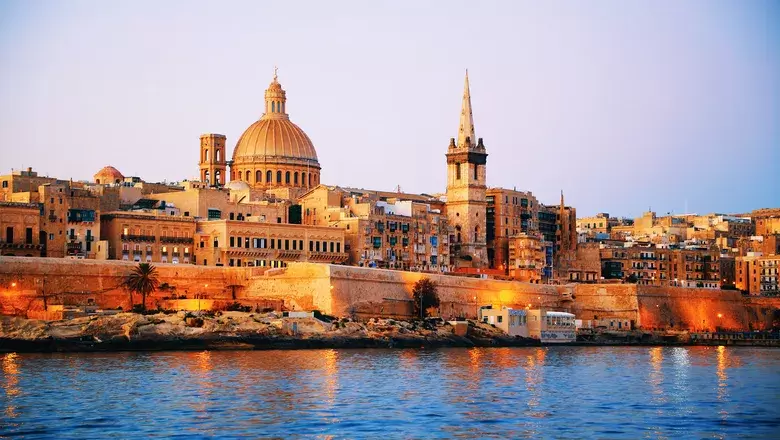Benefit of studying in
Malta
Studying in Malta can be a great experience, as the country offers a combination of a rich cultural heritage, a Mediterranean climate, and a diverse academic environment. Here are some general steps to guide you through the process of studying in Malta:
- Research Universities and Programs:
- Identify the universities and programs in Malta that align with your academic and career goals.
- Consider factors such as accreditation, faculty, facilities, and available resources.
- Language Proficiency:
- English is one of the official languages in Malta, and many programs are taught in English. Ensure that you meet the language proficiency requirements for your chosen course.
- Admission Requirements:
- Check the admission requirements for your selected program, including academic qualifications, standardized test scores (if applicable), and any other specific criteria.
- Application Process:
- Submit your application to the chosen university or universities. Most universities have an online application system, and you may need to provide transcripts, recommendation letters, a personal statement, and other documents.
- Student Visa:
- If you are a non-European Union (EU) student, you will likely need a student visa. Contact the Maltese embassy or consulate in your home country for specific visa requirements and procedures.
- Financial Considerations:
- Consider the cost of living and tuition fees in Malta. Explore scholarship opportunities, both from the Maltese government and other organizations.
- Accommodation:
- Arrange accommodation, either through university-provided housing or private options. Many universities assist international students in finding suitable housing.
- Health Insurance:
- Ensure you have health insurance coverage for the duration of your studies in Malta. Some universities may require proof of health insurance during the application process.
- Cultural Adjustment:
- Familiarize yourself with Maltese culture and society. Malta has a unique blend of influences from various civilizations, and understanding the local customs can help with cultural adjustment.
- Arrival and Orientation:
- Once accepted, plan your arrival in Malta. Attend orientation sessions organized by the university to get acquainted with campus facilities, academic expectations, and local support services.
It's important to note that details and procedures may vary between universities, so it's recommended to check with the specific institution you're interested in for the most accurate and up-to-date information. Additionally, consider consulting with the relevant educational authorities or the Maltese embassy in your country for guidance.
